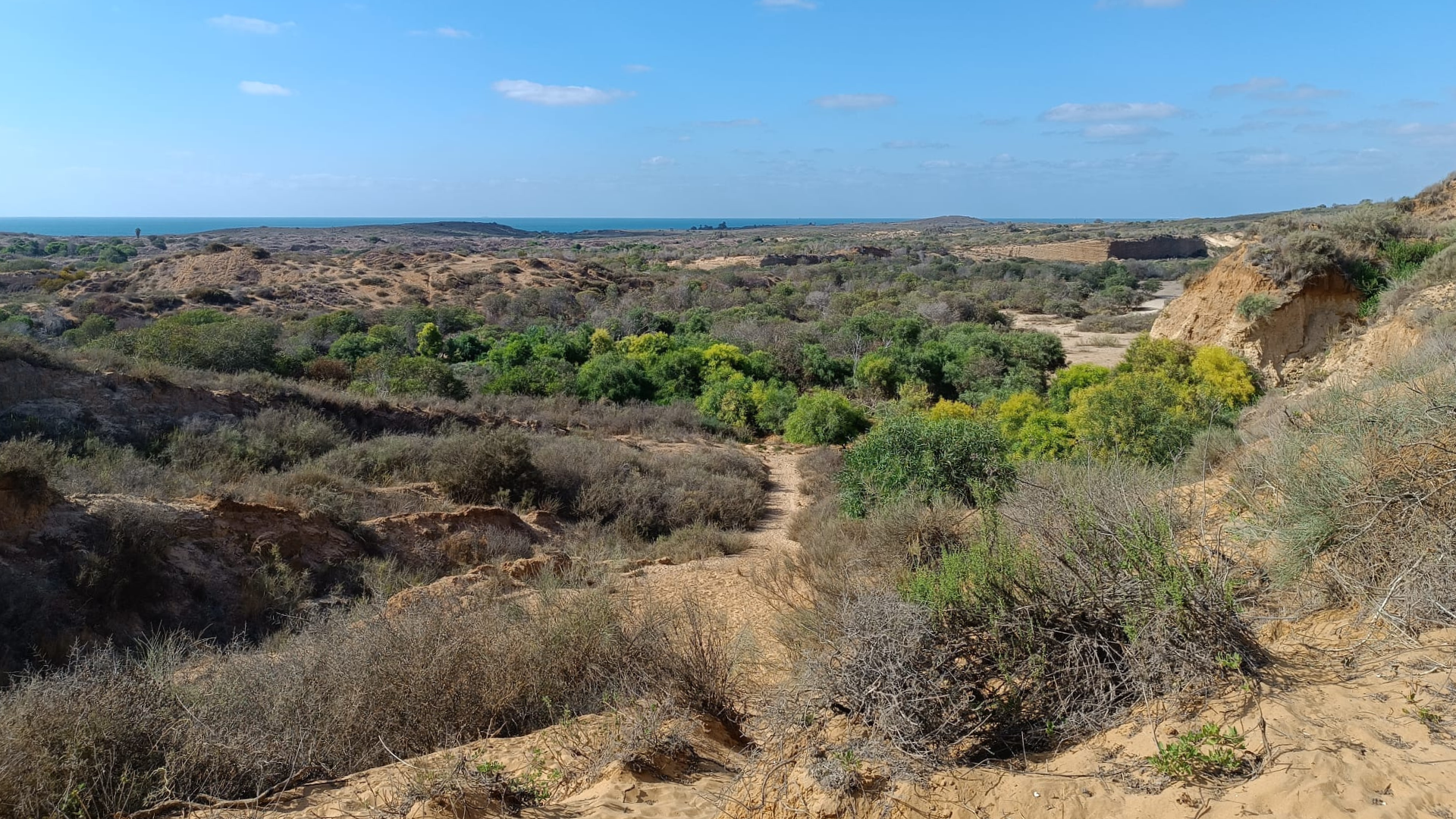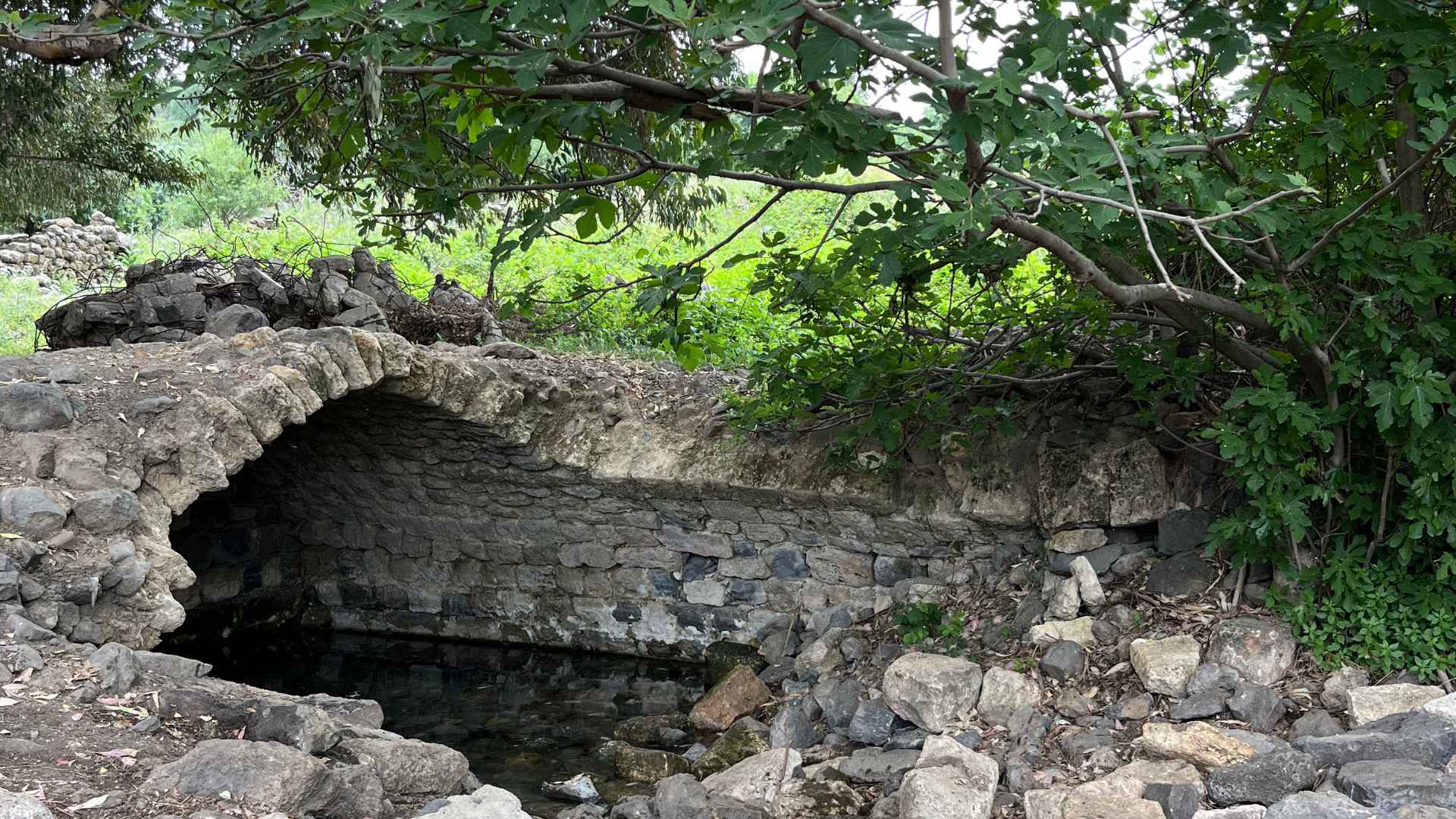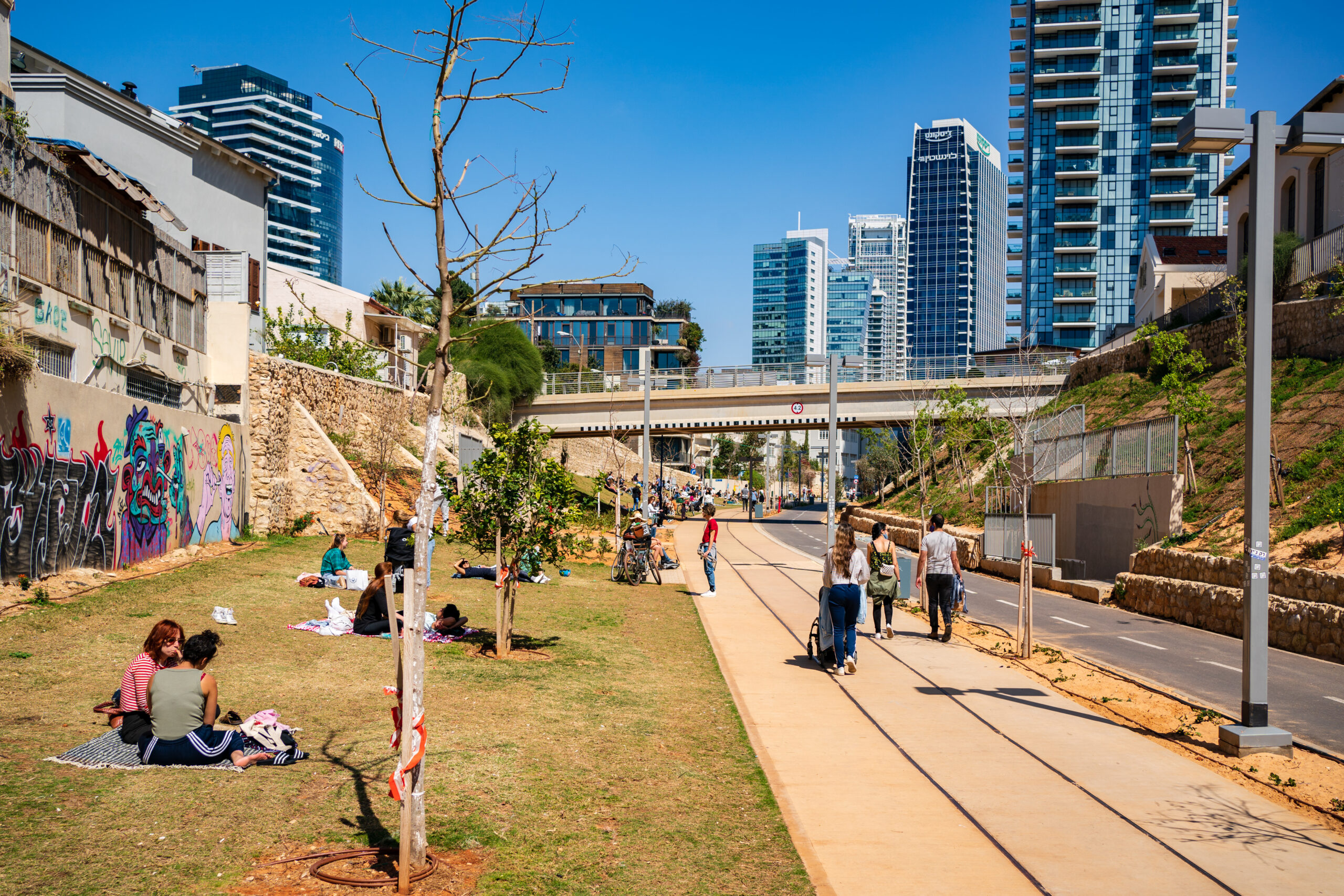The government approved the latest version of the Climate Bill in a meeting last week of the Ministerial Committee on Legislation. The next step is to present it for a vote in the Knesset plenary immediately after the holidays. If it is successful in passing all three hearings, it will become law. Ordinarily, Israel creating and adopting a climate law should be something to celebrate – especially for us at Adam Teva V’Din – so why our disappointment?
Timing is everything; the world is running out of time for tackling the climate crisis, yet Israel’s current government has been dragging its feet. Why the sudden surge of activity, in the middle of the holidays and at a time when the Knesset is on summer recess? Attorney and CEO of Adam Teva V’Din, Amit Bracha states, “It is clear that the rush to advance the Climate Bill at this time is ensure that Israel’s leaders can claim at COP28 that Israel does indeed have a climate law, and that Israel is no longer the last of the OECD member countries to enact climate legislation.”
Lowering targets on GHG reduction while Israel’s emissions grow
Bracha explains: “The bill is far from ambitious in terms of the target and mechanism for reducing GHG – settling for 30% reduction of GHG by 2030 against 2015.” Adam Teva V’Din lawyers drafted an initial bill which passed first reading in June 2022, that called for 45% reduction in GHG, in line with most countries in the developed world. While other countries are working to lower their GHG emissions, Israel’s GHG emissions actually grew by 3.5% in 2022.
“Moreover,” stresses Bracha, “the bill lacks structure and commitment – basically, changes in all provisions can be made by government decree and without legislative amendments or parliamentary oversight. The bill is dominated by the Ministries of Energy and Finance, and it lacks budgetary provisions for climate adaptation across the board.”
“Adam Teva V’Din know we have much work ahead of us. We are already working on our arguments – and we’ll strive through all avenues to minimize the damage caused by the bill in its current form.”





